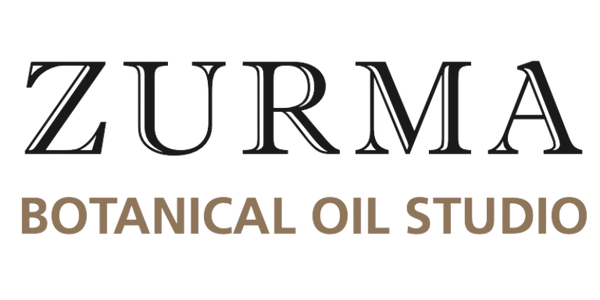
Nut, Seed, and Essential Oils for Hair Treatments
Share
Hair care rooted in plant oils is as ancient as it is effective. Nut and seed oils provide a lipid-rich base that nourishes the scalp, strengthens hair fibres, and protects against breakage. When combined with essential oils, these treatments become more targeted—addressing concerns such as dryness, thinning, oiliness, or irritation.
Nut and seed oils are rich in essential fatty acids, vitamins, and antioxidants. Their molecular structure allows them to penetrate the outer layer of the hair shaft and condition from within. Lighter oils like argan or grapeseed are ideal for leave-in treatments or finer hair, while heavier oils like castor or macadamia work well in masks and deep conditioning applications. Essential oils, used sparingly and always diluted, offer therapeutic benefits that target both scalp health and hair vitality.
For dry or brittle hair, sweet almond oil, macadamia oil, and shea oil provide deep nourishment and seal moisture into the hair shaft. These oils are rich in oleic acid and vitamin E, helping to smooth frizz and increase elasticity. Lavender or sandalwood essential oil can be added to calm inflammation and support scalp hydration.
Oily or fine hair types benefit more from lightweight oils like grapeseed or jojoba. These mimic the scalp’s natural sebum and help regulate oil production without weighing hair down. Rosemary essential oil is especially useful here—it has been shown to stimulate circulation and may help reduce hair shedding over time. Peppermint oil can also be used in low concentrations to support a clean, balanced scalp environment.
Thinning or damaged hair can be supported with castor oil, known for its high ricinoleic acid content that promotes follicle health and moisture retention. Combining castor oil with a touch of argan or coconut oil allows easier application and deeper penetration. Essential oils like cedarwood, clary sage, and rosemary are commonly used in traditional and evidence-informed blends for improving hair density and reducing shedding.
Scalp issues such as flaking or irritation can benefit from oils like hemp seed or black cumin seed oil, both of which offer anti-inflammatory properties and high linoleic acid content. Tea tree and chamomile essential oils, used in tiny amounts, can soothe itchiness and reduce microbial imbalance.
To use these oils, blend 1–3 teaspoons of your chosen base oil with 2–3 drops of essential oil and massage into the scalp or work through the hair lengths. For deeper treatments, wrap hair in a warm towel and leave on for 20 minutes or overnight before rinsing. For leave-in care, apply just a few drops of a lightweight oil to the ends of damp hair to prevent split ends and enhance shine.
When applied consistently, nut, seed, and essential oils can transform your hair care routine into a sensory, nourishing ritual that strengthens from root to tip.
